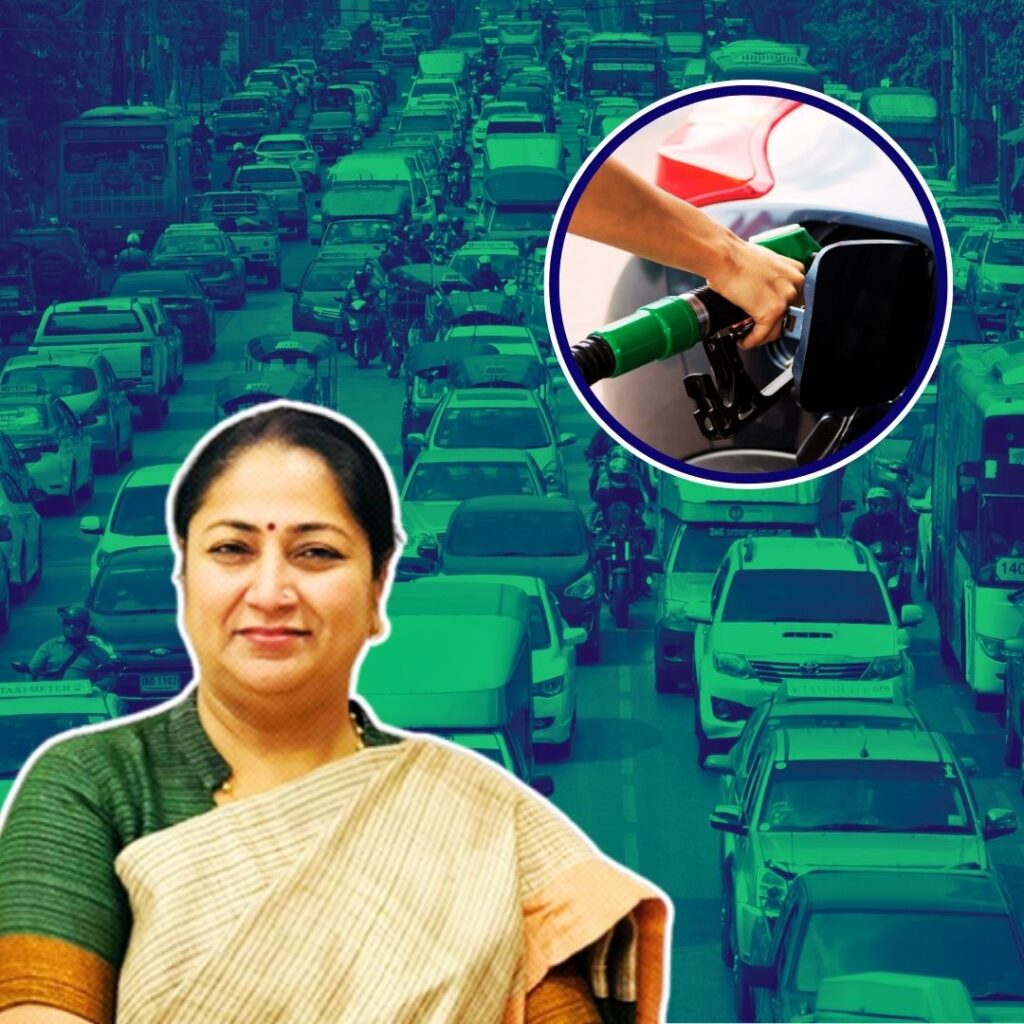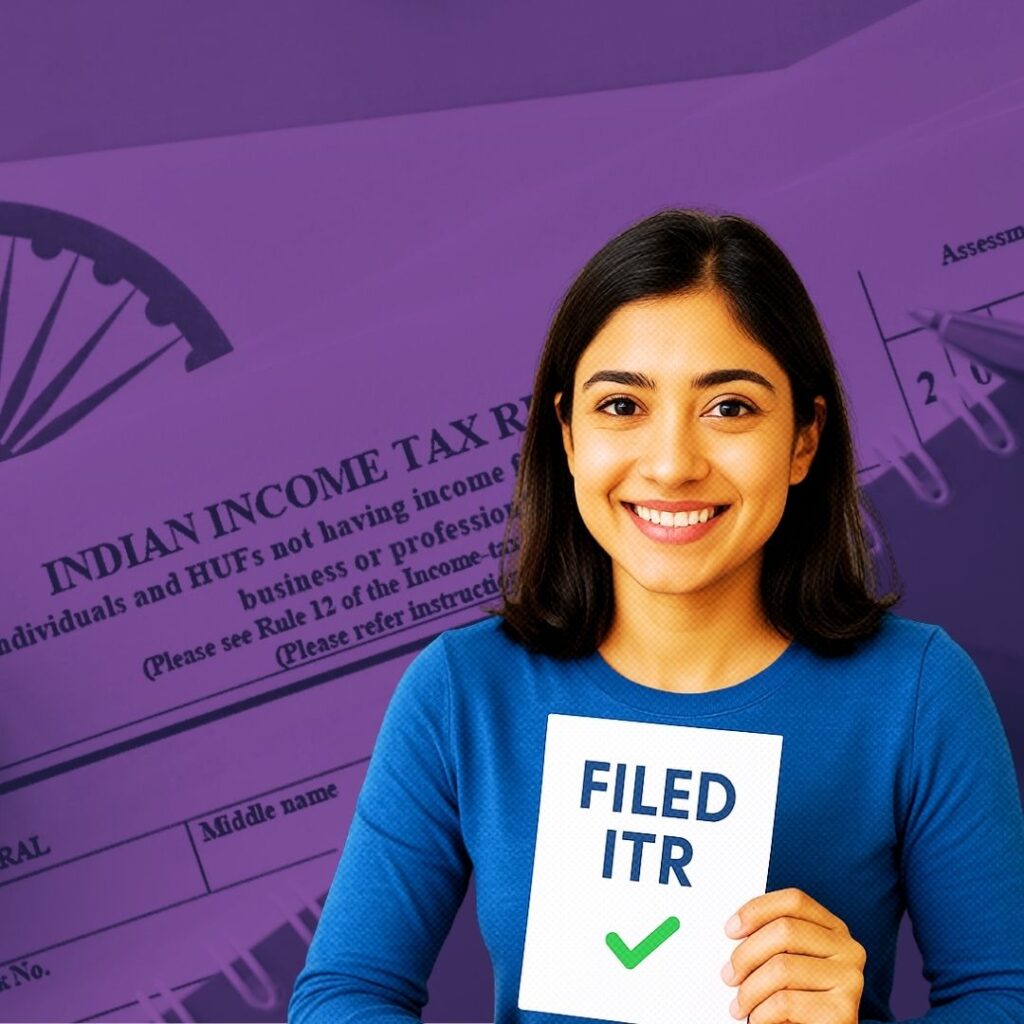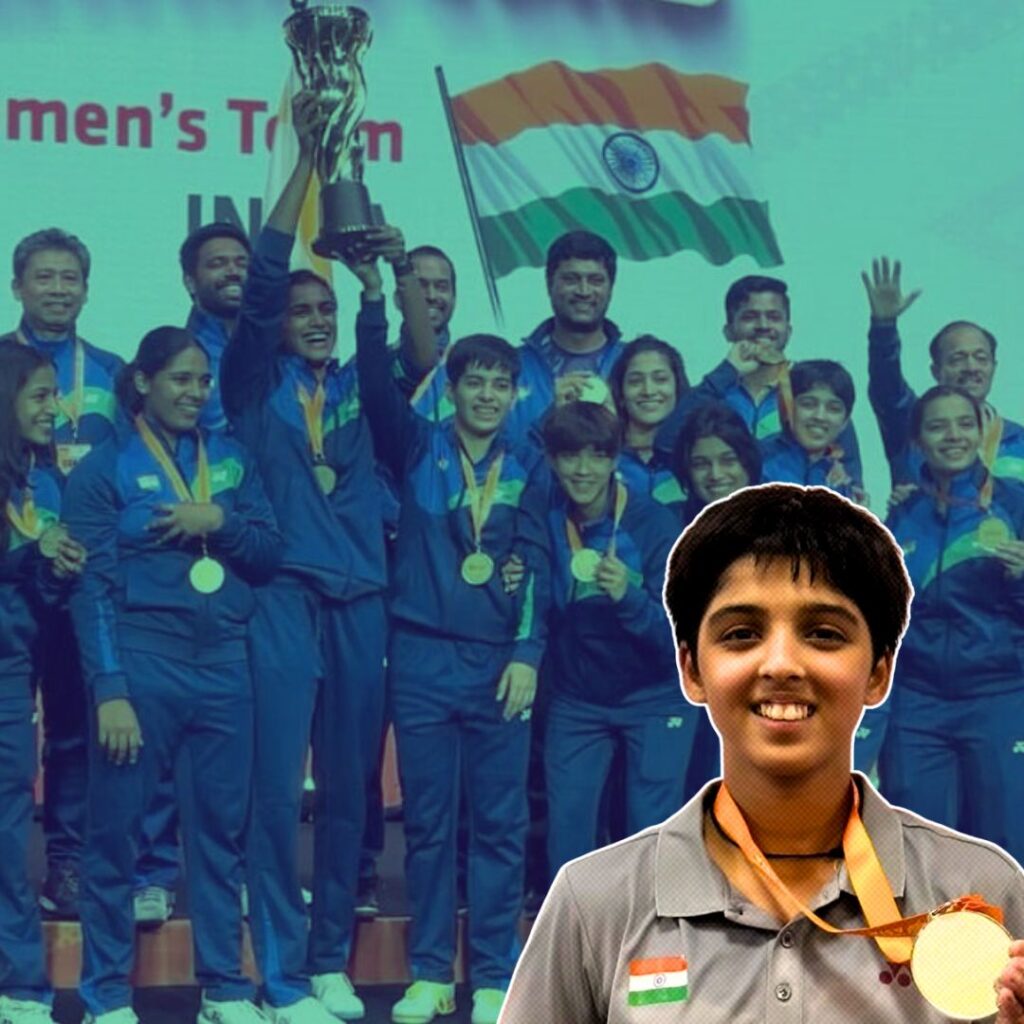Ravji is a marginal farmer, earning his livelihood working as a farm labourer. As the harvesting season approaches, he looks at his meager land helplessly, wondering if he could ever gather extra resources to invest and farm his own land. Working as a farm labourer neither brings him a befitting income for his efforts, nor a life with dignity. All that Ravji needs to know to make carrying the financial burden easy for him is that he is entitled to a 50% subsidy to purchase the farm equipment he needs. But this information never reaches him. And this is the story of millions of Ravjis still living in poverty because of induced ignorance in India. However, an alternate story is that Ravji is not only informed about the scheme but is also guided and helped throughout the process – from procuring the application form, availing the necessary documents to submitting his application. This difference in the ending to a common story is what Haqdarshak brings to you.
Multitudes of welfare schemes have been set in motion at the central and the state levels addressing issues from social development, agriculture, education, health care to financial inclusion. Each year, crores of rupees are allotted for the execution of these schemes and yet as the Honourable Supreme Court of India recently noted, “The Government of India has wonderful laws, ideas, and schemes but the things are different on the ground”. Apart from Government schemes, many big corporations, both government and private come out with schemes that benefit the people who need it the most. What are these ground realities that make around 500 odd of these well-designed welfare schemes in each state, implemented by different departments, difficult to access? And why do the entitled benefits elude the common citizen?
A general lack of awareness about the schemes is the most popular reason. There are no effective mechanisms that can be used to diffuse the information to the common man at the ground level. In both rural and urban areas, irrespective of literacy rate and access to information technology, people face this information gap about different schemes and eligibility and find it very difficult to avail the schemes, and spend 1000’s of rupees without any outcome. In recent times, a few chief schemes like Sukanya Samriddhi Yojana and the PM Jan Dhan Yojana, have made it to living room conversations. However, even today, most of the schemes’ awareness is completely dependent on word-of-mouth publicity, resulting in an extremely limited reach. Also, the struggle doesn’t stop at receiving the information. From being aware of the scheme to receiving the benefit is a journey marked by tedious processes and uncertainty.
The natural follow-up step for the citizen who wishes to avail the scheme is to try and understand the process of application for the same. Very often, the citizen is unsure about where to access that information; reaching out to the government department that executes the scheme remains the most viable option and as most of us would agree, not a very joyous one.
The schemes have complex rules for eligibility. Additionally, the application requires specific documents to prove the same. More often than not, the citizen does not receive adequate information on eligibility and guidelines to fill the application form and the documents that should be attached. It is a usual experience that applicants have to visit the department multiple times before their application gets finally accepted, each time being told to bring a new document or make some or the other alterations. Mostly, this information travels verbally from the official to the citizen. Even if any formal information document is provided, the language is often ambiguous and difficult to decipher. Inadequate information often leads to rejection of application and disappointment. The weariness and uncertainty involved in the whole process is mostly discouraging. Favoritism, bribes, and kickbacks are common as well, which are roadblocks aggravating the discouragement.
Cumulatively, the lack of understanding of the schemes in their entirety, confusions on eligibility, lack of guidance on processes, and required documents and the lackadaisical government machinery builds nothing but reluctance in people towards government schemes. Haqdarshak is an organisation transforming this process. Haqdarshak is a multi-lingual web and mobile based platform assisting people to find and apply for government and private services they are eligible for. It is currently operational in two states, Maharashtra and Rajasthan. By March 2017, it will have a further presence in an additional 8 states – Haryana, Uttar Pradesh, Gujarat, Andhra Pradesh, Assam, Bihar, Madhya Pradesh and Delhi. Haqdarshak will also be available as a public portal for everyone to access by the end of January 2017. The public web portal, which can be accessed anywhere, anytime, will provide the same services as the app or …












